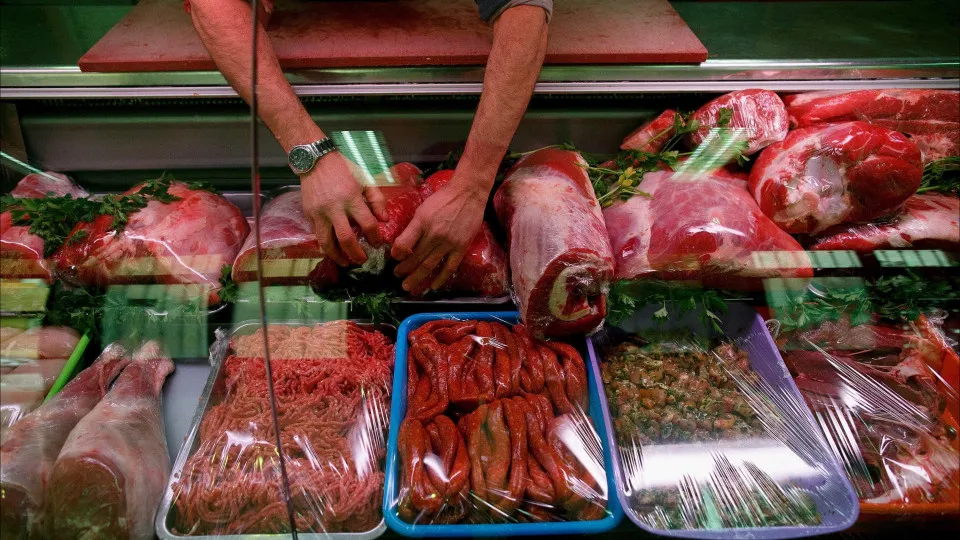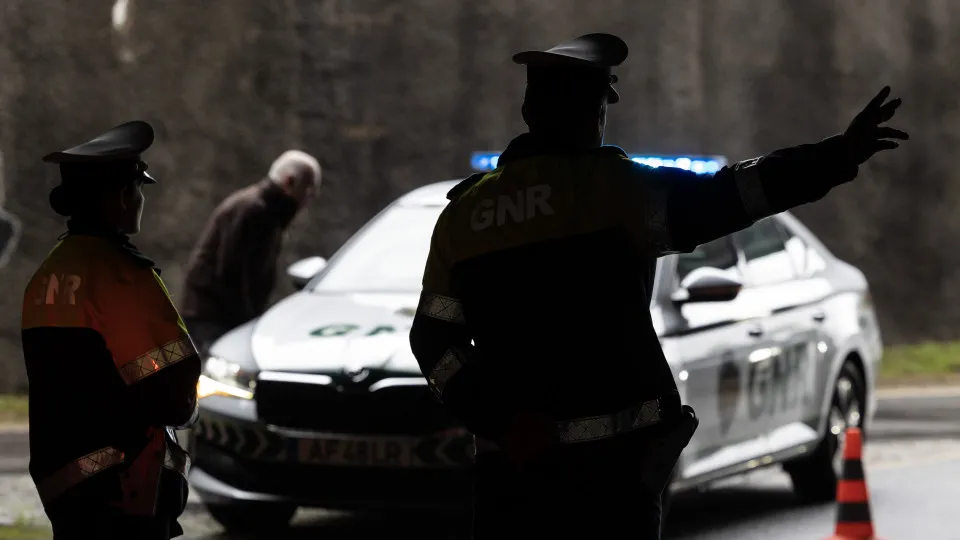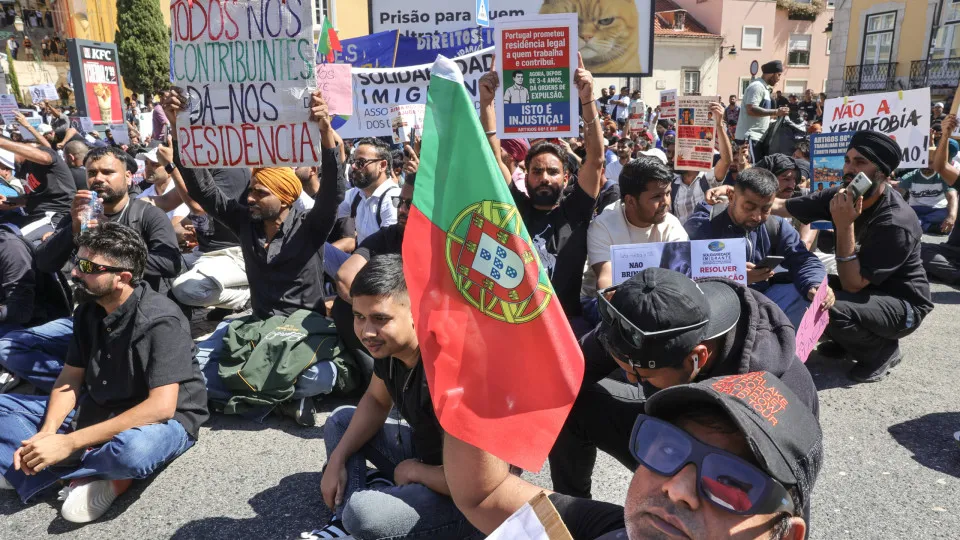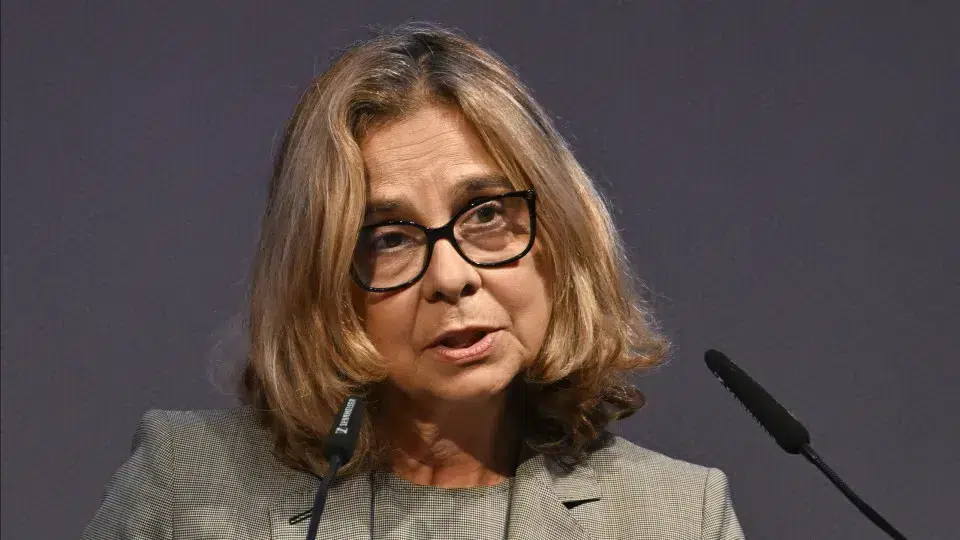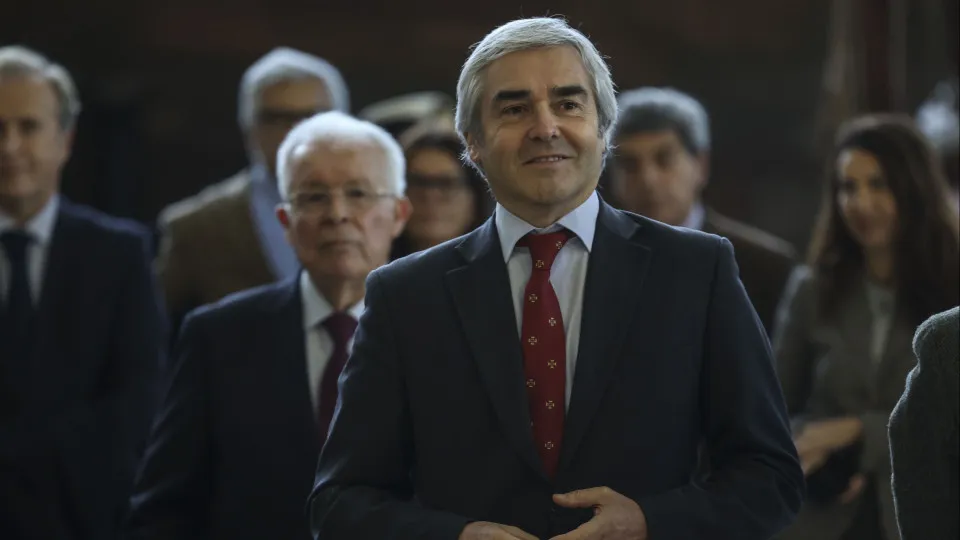
Nuno Melo took this position in a brief speech at the Museu da Marinha in Lisbon, after inaugurating an exhibition titled “From April 25 to November 25,” considered a kickoff for the 50th anniversary celebrations of this military operation.
In his address, the Minister of Defense sought to assure that the Ministry of Defense will not interfere in the Commission for the Commemorations of November 25, 1975, and praised the president of this commission, Lieutenant General Alípio Tomé Pinto, who was also present at the exhibition’s inauguration.
“Alongside General Ramalho Eanes, he was at his scale one of the architects of November 25, also being a reference as a combatant, a war hero. It is very important to understand the respect that the three branches of the Armed Forces dedicate to him,” highlighted Nuno Melo.
Then, the Defense Minister spoke about the objective of the commemorations: “What is intended is to unite the military family, unite Portuguese society.”
“Let us be able to fulfill this cycle with historical memory, without ideology, but also without forgetting,” he concluded.
At the start of his speech, Nuno Melo briefly presented his concept of Portugal’s democratic transition process.
“On April 25, 1974, complemented by November 25, 1975, we celebrate dates that are foundational and structuring for democracy and the freedom we enjoy today. April 25 brought the end of the Estado Novo and freedom, but it was November 25 that returned to April its original purpose of handing over to the people the ability to decide for themselves, through voting, their destiny,” he stated.
Regarding the content of the November 25, 1975, commemorations, Nuno Melo emphasized that he, as a supervisor, would not interfere.
“What is intended is this didactic but evocative nature of a significant date,” he countered, after General Tomé Pinto, in a brief intervention, expressed “appreciation for the Ministry of Defense’s effort” in evoking the November 1975 military operation.
“November 25 is a continuation of April 25. We need good information. History must tell the truth. The commission I chair is concerned with the facts, but not with ideologies,” he said.
The exhibition inaugurated today by the Minister of Defense is installed against the back wall of the Galeotas Pavilion at the Museu da Marinha. It is about 20 meters long, containing nine sets of panels, the last of which is dedicated to the November 25 military operation.
It features two televisions: one with images of the April 25, 1974 revolution and another with a trailer for a documentary about November 25, authored by journalist Armando Seixas Ferreira, who is currently an advisor to the Minister of Defense.
The documentary, made in partnership with RTP, which provided the images, is set to premiere on December 10 at Cinema São Jorge in Lisbon. Among other content, it features an exclusive interview with General Ramalho Eanes.
As for the documentary collection of the exhibition, it showcases various statements issued by parties and military units, as well as photographs from the so-called “Hot Summer” of 1975.
It also displays a letter sent by Fidel Castro to the then President of the Republic, General Costa Gomes, inviting the Portuguese Armed Forces to engage in maneuvers with the revolutionary Cuban armed forces, scheduled between December 1 and 6, 1975.
In the panel dedicated to November 25, 1975, the military operation is summarized as follows: “It resulted from a power conflict between revolutionaries and moderates and took place during the so-called Hot Summer.”
“It culminated in a military movement conducted by part of the Portuguese Armed Forces, with a notable operational command by Ramalho Eanes, which ended the PREC (Ongoing Revolutionary Process), stabilizing the democratic process in Portugal,” reads the panel.

